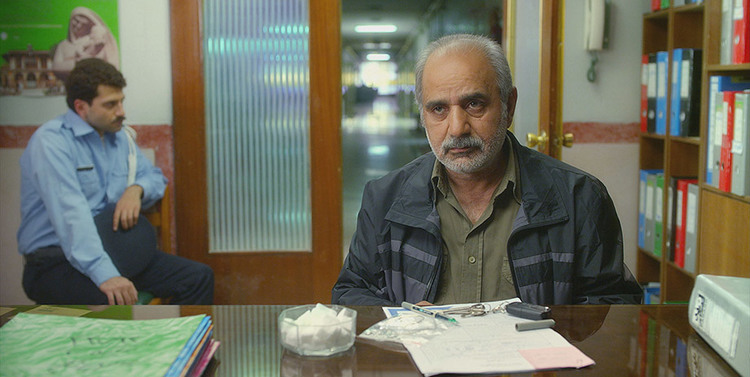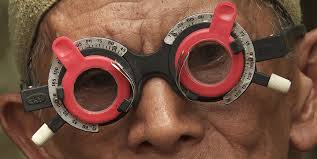Omar Sharif (1932-2015)
 Friday, July 10, 2015 at 11:15AM
Friday, July 10, 2015 at 11:15AM 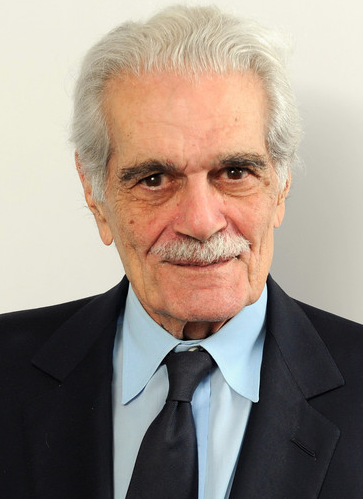 Sharif Photographed by Andrew Walker in 2011Hollywood's first and still only Egyptian movie star passed away at 83 today of a heart attack. It had recently been announced that he was suffering from Alzheimers and after such a full life this may feel like a mercy to some, though his loved one are surely grieving and our hearts go out to them.
Sharif Photographed by Andrew Walker in 2011Hollywood's first and still only Egyptian movie star passed away at 83 today of a heart attack. It had recently been announced that he was suffering from Alzheimers and after such a full life this may feel like a mercy to some, though his loved one are surely grieving and our hearts go out to them.
Though moviegoers roughly 35 and up surely remember him, here's the gist of it for younger budding cinephiles: Sharif began and ended his career in Arabic language cinema but in the vast middle (1960s-1990s) he achieved global stardom via Hollywood and British cinema. His English language debut Lawrence of Arabia (1962) brought him a Supporting Actor Oscar nomination and he became a genuine superstar in short order, headlining one of the all time biggest box office smashes (Doctor Zhivago, 1965). In his third enduring classic from that decade he helped Barbra Streisand ascend into the pantheon in her film debut Funny Girl (1968).
In fact, his performances in those three hits are rather fine illustrations of what was so special about his onscreen persona: his generosity and a certain intangible 'eye of the beholder' transference. He was one of the greatest romantic leading men precisely because he seemed so believably in thrall to the particular charismas of his co-stars. And he had great ones: Sophia Loren, Barbra Streisand, Julie Christie, Peter O'Toole, Julie Andrews and more.
And while he drank in their inimitable beauty, he looked like this:
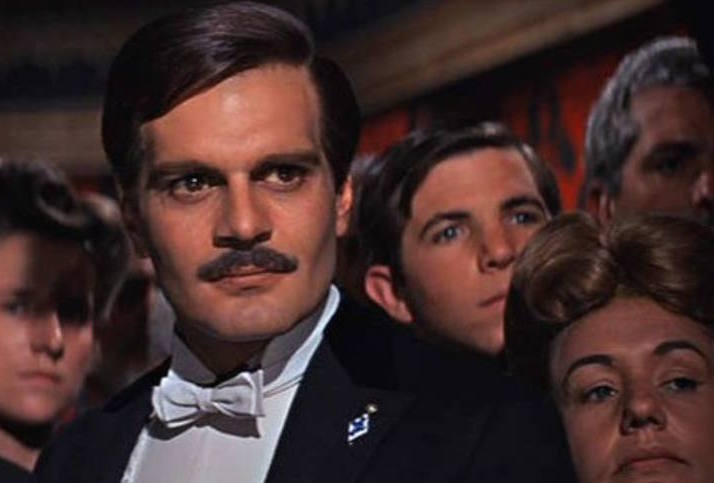 Dr Zhivago (1965)
Dr Zhivago (1965) a portrait from the 1950s when he starred regularly in Egyptian cinema
a portrait from the 1950s when he starred regularly in Egyptian cinema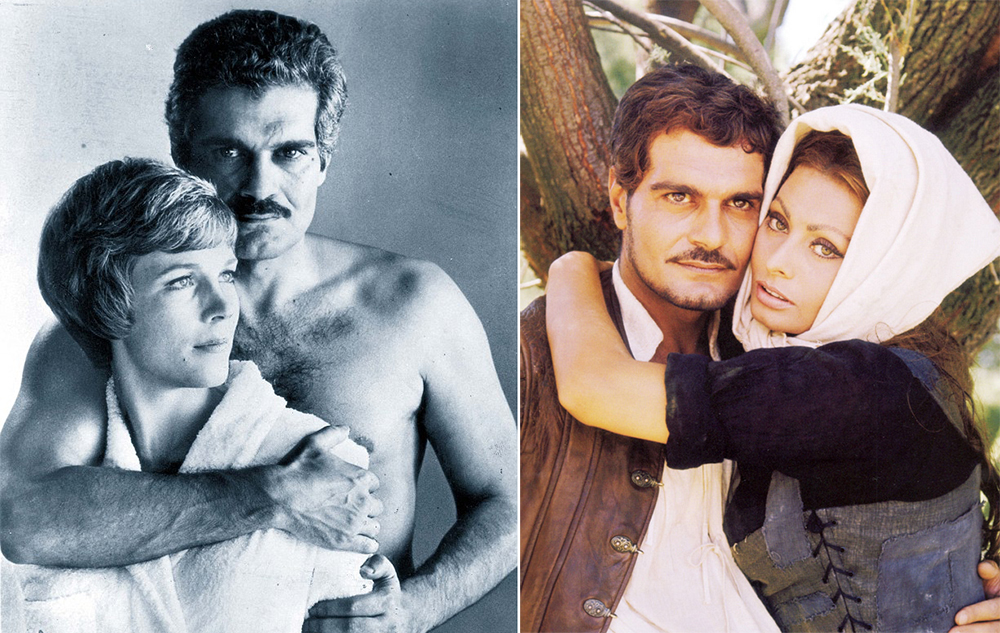 The Tamarind Seed (1974) and More Than a Miracle (1967)
The Tamarind Seed (1974) and More Than a Miracle (1967)
Double the pleasure, then, for moviegoers who were ready to swoon. And swoon they did, all over the world.

What's your favorite Omar Sharif performance?





